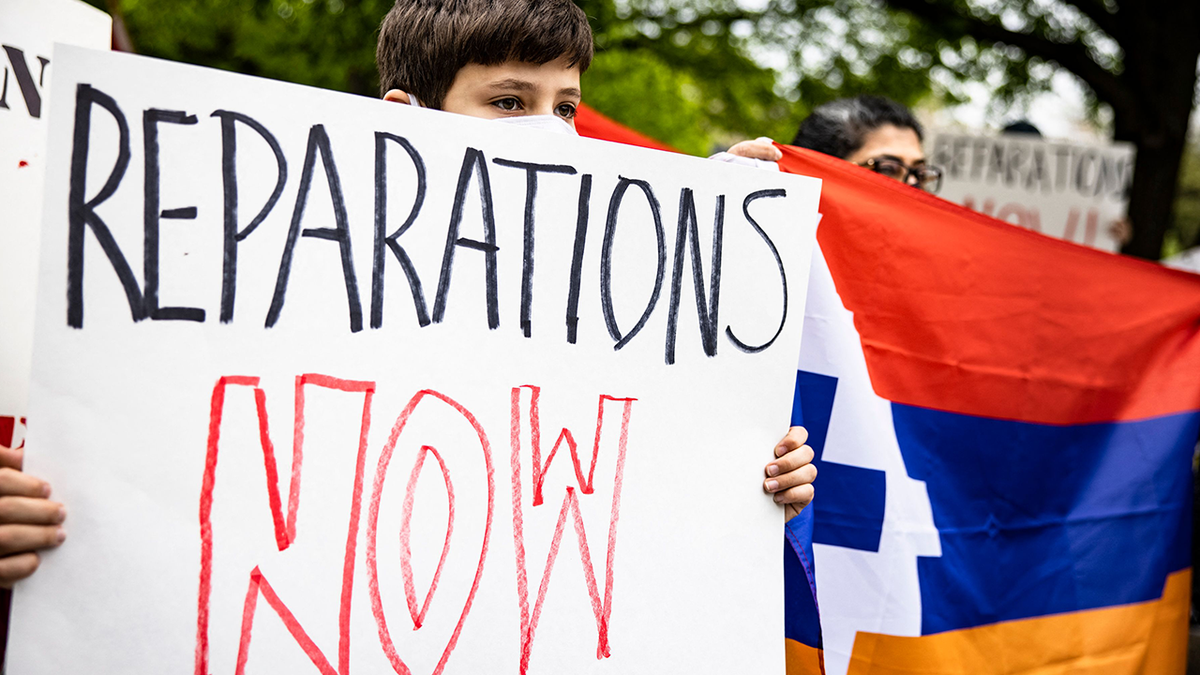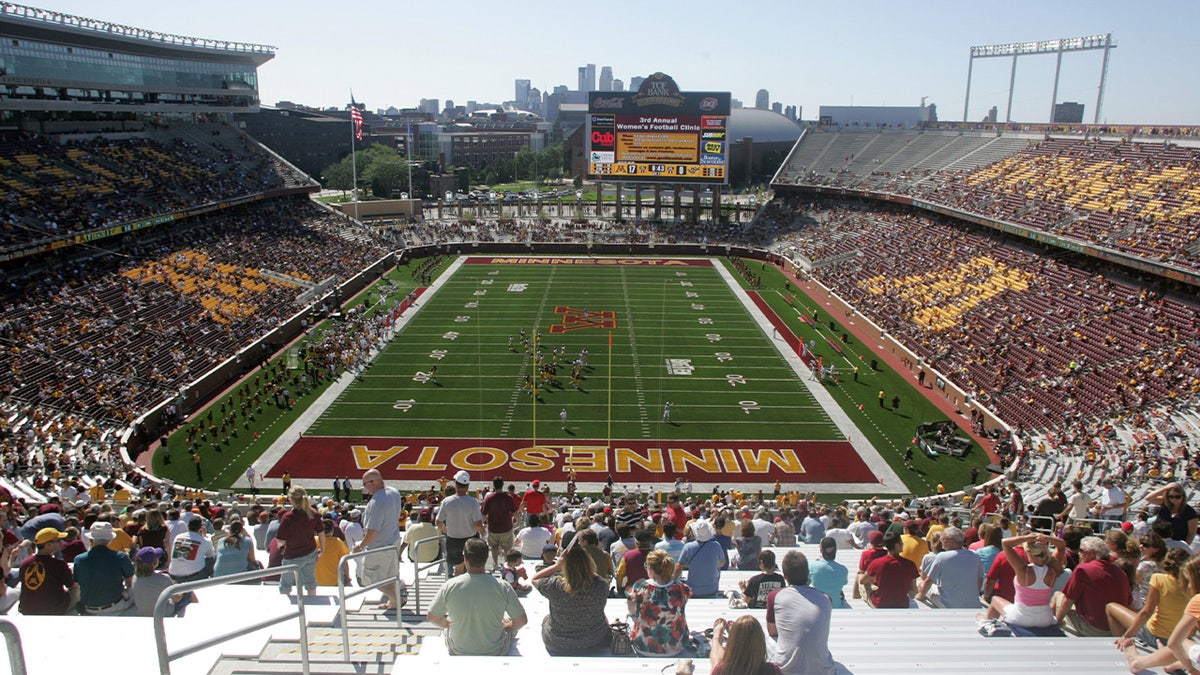Across the United States, Indigenous tribes are demanding reparations for ancestral lands, echoing the call by Black Americans for governmental restitution for historical injustices. Universities, particularly those established on land acquired from Native American tribes, often at significantly undervalued prices, are facing increasing pressure to address this issue. The University of Minnesota stands out as a prominent example.
An Garagiola, a descendant of the Chippewa tribe, questioned the lack of reciprocal investment in Indigenous communities by institutions like the University of Minnesota, highlighting the irony of their prosperity being rooted in dispossession. "These well-funded institutions owe their very existence to what was taken from Native peoples," Garagiola pointed out to the Washington Post, emphasizing the disparity between the universities' resources and the needs of the communities whose lands they occupy.
Following a report criticizing UMN's historical treatment of the state's tribes, the demand for reparations gained momentum. The report urged the university to increase Native American faculty representation, enhance financial aid for Indigenous students, and return land as a form of redress. The report's stark assessment accused the university's founding board of regents of "genocide and ethnic cleansing of Indigenous peoples for financial gain," using the institution as a means to exploit land and resources.

This image depicts a young person holding a sign advocating for reparations. (Photo by SAMUEL CORUM/AFP via Getty Images)

The University of Minnesota campus. (Josh Holmberg /Icon SMI/Corbis/Icon Sportswire via Getty Images)
In response to the criticism, UMN launched a program in 2021 offering free or significantly reduced tuition to enrolled members of the state’s 11 federally recognized tribes. Janie Mayeron, chair of the UMN board of regents, acknowledged the need to examine the university’s history and collaborate with tribal nations on future actions.
Comments(0)
Top Comments